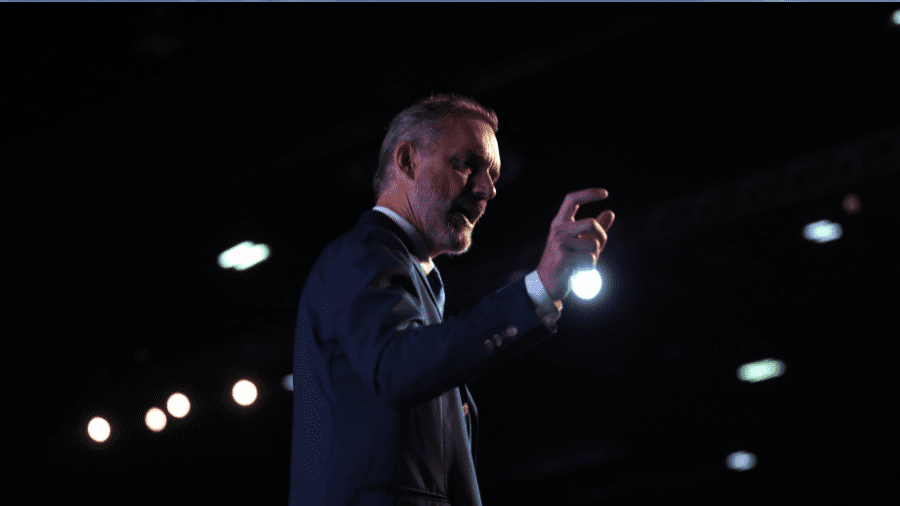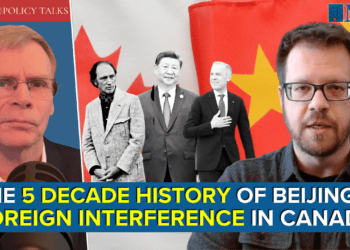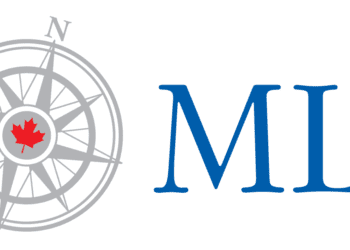This article originally appeared in the National Post.
By Shawn Whatley, August 31, 2023
Jordan Peterson’s fight with his professional regulator, the College of Psychologists of Ontario, reveals the heart of battle between professionals and the regulatory state: it’s the self-interest of the regulator, rather than the wellbeing of patients, that is the priority.
Last spring, the college investigated several complaints about Peterson’s tweets on politics, social issues and transgenderism. Complaints came from concerned citizens — not Peterson’s clients. In November, the college ruled that Peterson’s conduct “poses moderate risks to the public,” and was “degrading to the profession.”
For Peterson to keep his clinical license, the college required him to hire a coach, at his own expense, to learn how to tweet in a professional manner. Peterson appealed this to the courts, countering that the college had no business adjudicating private political commentary. Last week, three judges in the Ontario Divisional Court ruled for the college.
The case raises obvious concerns about free speech, Charter rights and professional regulation. Surely, the college saw these issues coming — yet it still chose to pursue Peterson.
Ignorance or maleficence explains many of the silly things regulatory colleges do, but not all. We must also consider self-preservation. According to the college’s decision, which was quoted in last week’s court ruling, Peterson risked “undermining public trust in the profession of psychology, and trust in the college’s ability to regulate the profession in the public interest.”
Peterson’s case pivots on public trust in the college, not patient safety. No active patients were involved; Peterson named public figures and mentioned on a Joe Rogan podcast that a “vindictive” former patient, who was not named, had once filed an unfounded complaint about him. The college felt the comment was inappropriate and warranted re-education. The only entity at risk in the Peterson case is the college itself. Why worry so much about public trust?
The College of Psychologists is one of 26 distinct regulatory colleges in Ontario, which regulate 29 separate health professions. Each college reports to the Minister of Health, as outlined in the Regulated Health Professions Act.
Like other public institutions, such as hospitals and public schools, regulatory colleges answer to government. Colleges must appease the minister and maintain a “tough on crime” public image.
This puts colleges in a bind. They say they have a “duty to protect the public, making sure healthcare professionals are safe, ethical and competent.” But colleges cannot stay in business without government support.
Each regulatory college collects membership fees (dues) from its members. For example, the College of Physicians and Surgeons of Ontario collects $1,725 each year from the province’s 31,500 practicing physicians, in addition to a long list of other fees. The College of Psychologists has half as many psychologists and lower membership fees, but it’s still a multi-million-dollar organization filled with well-paid employees.
If college employees want to keep their jobs and protect their organizations, they must serve one master while pretending to serve another. They must maintain a public image of pure devotion to patient safety, even though serving government remains their primary concern. This problem is not unique to regulatory colleges; economists and institutional theorists call it the “principal-agent problem.” Public institutions often face conflicts of interest. They say they exist to protect the public, but they must protect themselves. They cannot avoid self-interest. The Ontario court chose to ignore the principal-agent problem. Instead, it focused only on whether or not the regulator had the right to restrict Peterson’s freedom of speech, outside of clinical practice. (Presumably, the court is not immune to the principal-agent problem either.)
In fairness, some of Peterson’s social media comments are cutting. Screenshots pasted into mainstream media create an effect much like locker-room banter at a dinner party. Right or wrong, speech codes differ by audience and location. Regulators shouldn’t have a right to control it all.
The colleges might protest they are simply bound by legislation to restrict the speech of professionals. Regulatory control ballooned when Bob Rae’s New Democratic Party tabled the Regulated Health Professions Act; we should blame Rae and not the regulators, they could argue.
It’s true that the case against Peterson could not have occurred without the enabling legislation. Even so, regulators should not say they simply serve the public when they (clearly) prioritize their own public image.
Shawn Whatley is a physician, a Munk Senior Fellow with the Macdonald-Laurier Institute and author of When Politics Comes Before Patients: Why and How Canadian Medicare is Failing.






